
 |
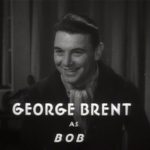 |
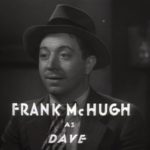 |
| Lilly Turner Ruth Chatterton |
Bob George Brent |
Dave Frank McHugh |
| Released by Warner Bros. Directed by William Wellman Run time: 65 minutes |
||
Proof That It’s a Pre-Code Film
- Lilly goes through a number of tragedies that would make censors blush soon enough. For one, it turns out her husband has been married before, and hadn’t bothered to get a divorce. As the first wife says grimly, “Touch luck, girlie. I know just how you feel.”
- Lilly has a miscarriage.
- Lilly has an unconsummated marriage. Or, as best as she can put it, “I’m married to him… but… we didn’t live together.”
- The guy Lilly is fooling around with is less concerned with the husband than the other guys she’s been fooling around with outside her husband.
- “Well I’ll tell you what YOU can do…”
Lilly Turner: Down and Out
“So I’m not good enough for ya, huh? Sure, I lied to you. Whaddya expect. Tried to chisel some happiness for myself– that’s a laugh. Nobody can hang onto anything. You don’t know what I’m talking about, do you? No. No, you’ve always been a good boy, off to a good start. Sure I knew that guy. He was m-my boyfriend. What does it matter?!”
Weakness seems to the major constant in Lilly Turner’s life. A weakness for men, and, naturally, the bountiful weaknesses of men.
She starts out alright at least; Lilly (Chatterton) is the scion of a nice, middle-class couple who makes the mistake of falling for a smooth-talking carnival huckster. She goes into the biz with him, though her slightly more mannered ways throws off every man she runs into; no one can quite believe she’s on the same earth as their own retched impulses and desires.
The moment Lilly discovers she’s pregnant, she also learns she’s not the first wife her husband’s had; he’s also absconded, thankfully shedding his usual Faustian-stage magician disguise before doing so. Her friend, the carnival barker Dave (McHugh), quickly marries her as to keep the kid from being a bastard. The kid, much to Lilly’s relief, doesn’t survive.
The two take up with a traveling salesman with a line of baloney that just stinks. Dave falls more and more into the bottle as Doc Gill (Kibbbee), the show’s strongman Fritz (Barrat), and an enamored cabbie all take turns chasing Lilly around as she snaps her gum. Life’s been hard for her, and it’s become difficult to work up much enthusiasm for it, at least until Brent joins the show . If only she weren’t married– though her nearby husband seems much more considered where the next drink is coming from.
Lilly Turner comes during a cycle of great William Wellman pictures– it comes between Central Airport and Heroes for Sale. This one falls shy, though it’s more because of the slow-moving plot and Chatterton’s inconsistent character than from any fault of the film making. Lilly Turner has her fair of tragedies, but she’s still frustratingly opaque. Is she a rich girl laid low, or a carnival girl saved from crowds of pawing men? The film reaches a sharp dividing line when Brent enters, and can’t really pick where things are supposed to fall; the film’s ending seems to go in two different directions, much to the picture’s detriment.
That being said, Lilly Turner is still a down and dirty character piece, filled to the brim with atmosphere and a wry smile on its face. It dwells in the alleys and carnival backrooms, and like many of Warner’s pictures at the time, it revels in taking the audience in to show off how the rubes get conned. And the heartache behind it, naturally.
Lilly’s journey may be inconsistent, but what works is her connection with the other individual characters– most especially in how she connects to Dave, who is a loveable drunk, but a drunk nonetheless. The film doesn’t sugarcoat how his disease drains the joy out of those around him and, eventually, leads to a great deal of misery.
Chatterton adopted a notable character tic for Lilly– she’s chewing gum constantly, a symbol of her lack of sophistication and pointed unprofessionalism. She also likes to set goals for the men who chase her– she tells Doc Gill to wait for a ‘rainy Sunday’. Fritz is given an edict to lose the mustache. She distracts them with side quests.
Chatterton doesn’t quite pull Lilly off– she’s too sophisticated to seem otherwise, and, in like many of her roles opposite Brent, her attraction to him is transparent to the point of distraction. They have chemistry, but not much mystery.
The movie is still fun to watch as an example of a slice of life that gets glossed over now, one about surviving near-constant treachery and yet still remaining open and alive. Everyone in the film is trustworthy until the moment their lover turns their back. It’s a movie made for dark times, and, some days, it doesn’t seem like we’d ever left.
Screen Capture Gallery
Click to enlarge and browse. Please feel free to reuse with credit!
Other Reviews, Trivia, and Links
- Scott O’Brien’s Ruth Chatterton: Actress, Aviator, Author clearly belies a fondness for the picture:
As the film had no moral, it was the perfect target for the moralistic. (p. 235) […] Although the story wasn’t exactly fresh, the cast offered striking presentations of their individual characters. For Lilly, Chatterton injected a good dose of melancholy and depression without any telltale sign of self-pity. (p. 237)
- Also according to O’Brien, after completing this film, Chatterton and Brent took a trip to Europe together, seeing Brent’s home in Ireland, attending bullfights, and even catching a few films– Chatterton apparently watched Cavalcade with Noel Coward by his invitation. They also visited Germany, where Chatterton had absolutely nothing nice to say about the Nazis.
- TCMDB talks about Chatterton’s career and her waning fortunes:
Unlike many stage actors of the era, Chatterton did not use exaggerated diction or grand gestures. Her acting style was naturalistic, her way of speaking staccato, distinctive, and charming, her facial expressiveness small but precise. Although her normal speech was cultured, in Lilly Turner Chatterton is playing a working class character, so she drops her g’s, but it seems natural, not affected. In his book about pre-code film actresses, Complicated Women (2000), Mick LaSalle called Chatterton “a vision of total female authority, circa 1930. Even in weepies, she was commanding. Short and slightly plump, Chatterton was convinced she was beautiful, and she convinced everybody else, too. She had a baleful stare and yet a surprisingly mischievous, almost childlike, smile. She was a diva.” […]
According to studio records, in 1936, Warner Bros. tried to reissue it, but was denied a Production Code certificate.
- Mordaunt Hall in the New York Times laments the film, noting:
Miss Chatterton is not in her element in such a narrative, for she is obviously far better suited to a more sophisticated subject. Producers, however, still cling to the belief that audiences are stirred by the sufferings of a woman, and the actual formula of this particular presentation is not widely different from several others.
Awards, Accolades & Availability
- Somehow, this movie hasn’t made it to DVD yet– must be rights issues. It plays on TCM occasionally, and, as of this posting, is over at Filmstruck.
More Pre-Code to Explore
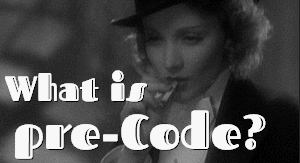

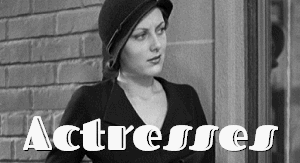
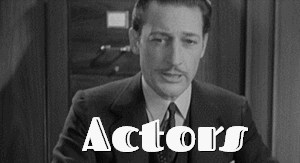
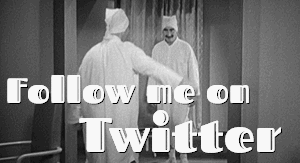
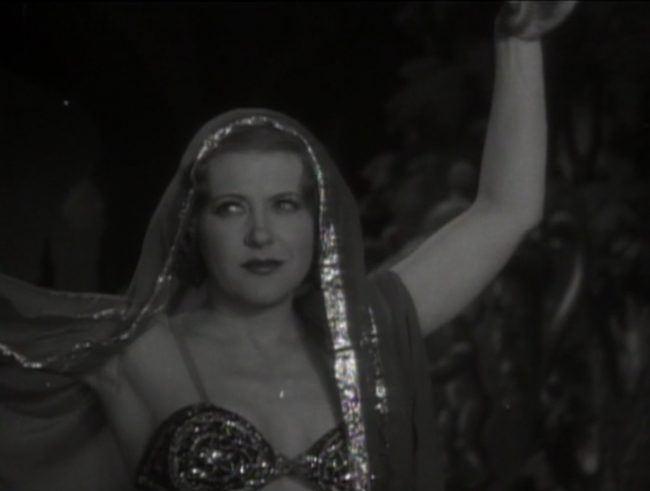
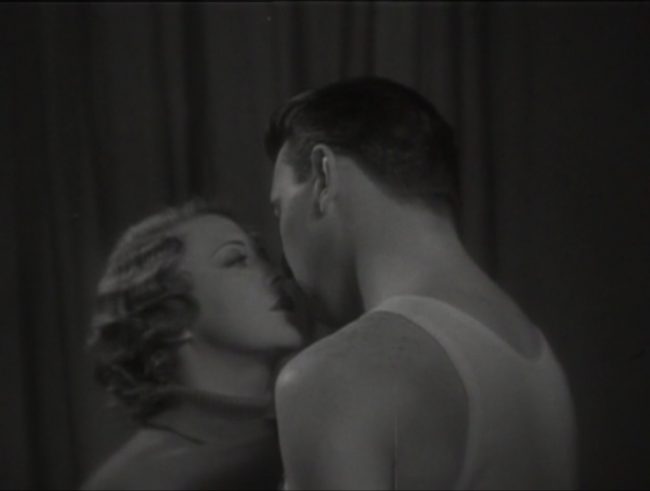
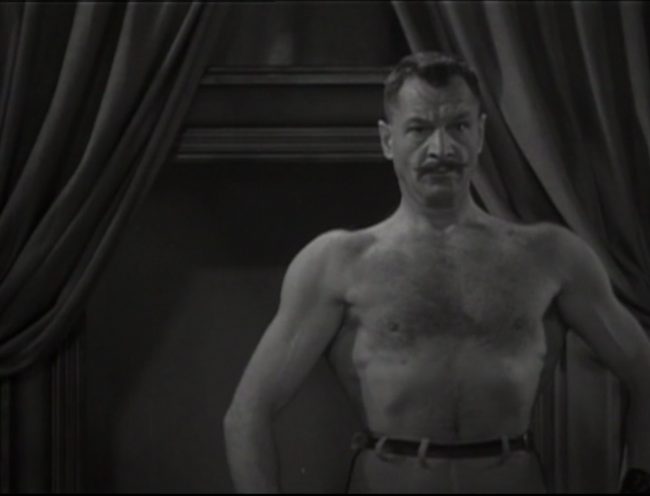
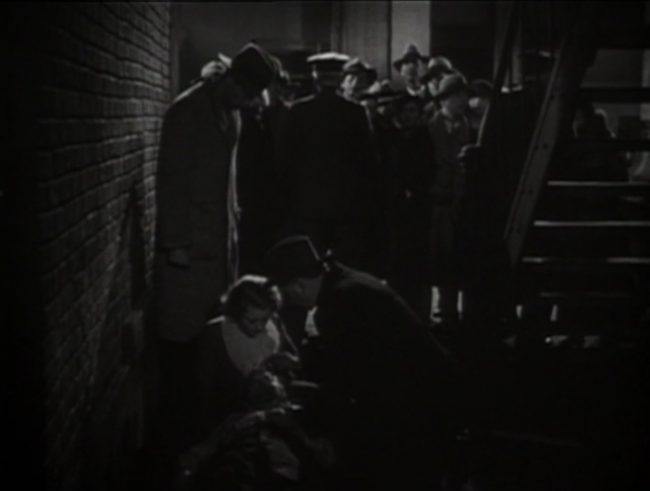


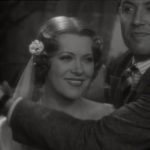
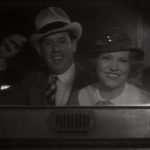

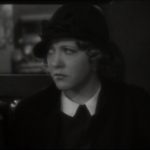
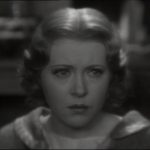

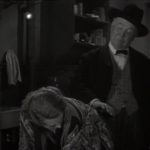

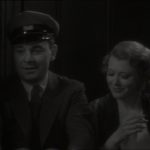
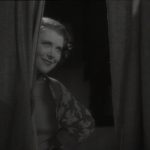
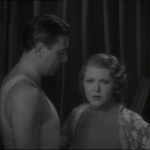
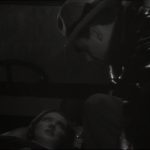

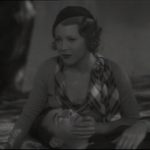

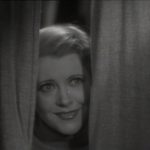
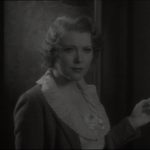

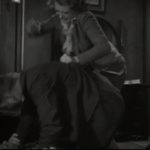
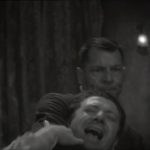
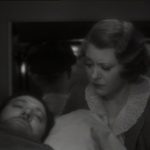



1 Comment
Kia Julian · September 10, 2018 at 9:38 am
Let me start by saying one of my three favorite movies of all time is, “Dodsworth”, starring Walter Huston and Ruth Chatterton. It’s brilliant and timeless. Having said that, I otherwise have a hard time with Ruth Chatterton. Mary Astor, in her auto-bio, said that Ruth had a strange beauty that didn’t translate well to the screen. I would agree. And, anytime she tried to act anything but upper-crusty, it’s almost laughable! She’s from the O.G. fatha, mutha, mid-Atlantic-accent crew—and popping gum during your performance doesn’t exactly make you Mae West. She also has a strange way of looking at people in every movie she’s been in— like she can’t figure out whether or not she should just take off and run! I never cared for this movie– none of that would happen in real life to any of those particular people–and if it did–nobody would react to it the way those particular people did. It gets a big ho-hum from me….
Comments are closed.